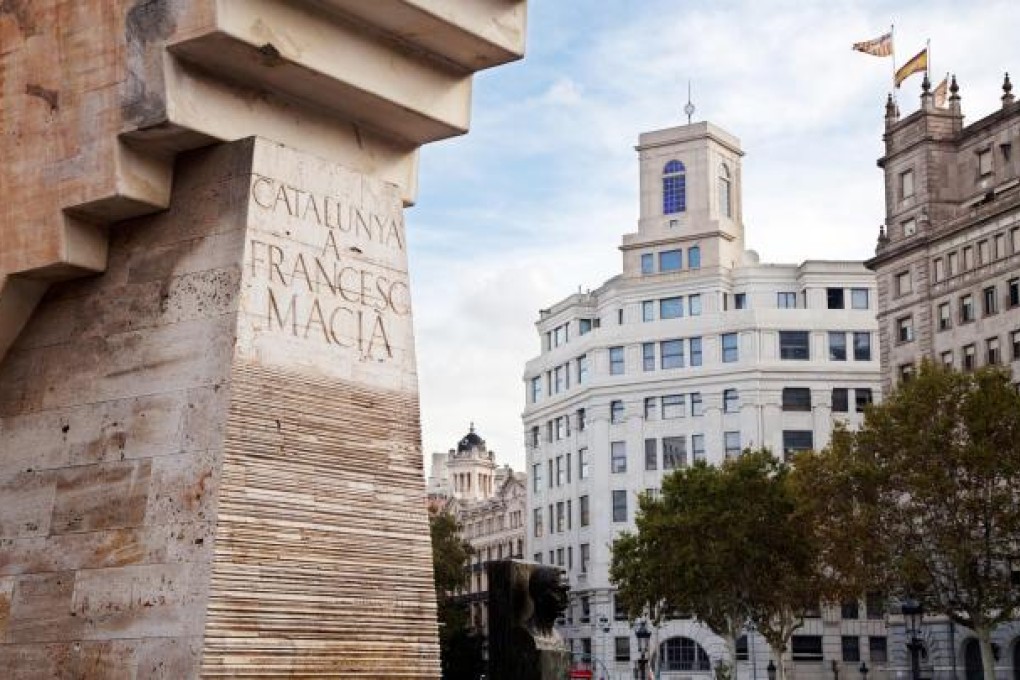Echoes of an uncivil war
Conflict and political betrayal in late-1930s Barcelona left a lasting impression on both the city and a writer who knew it well: George Orwell. Words and pictures by Gary Jones

Barcelona's most iconic building - a mustn't-miss marvel on any tour of the Catalan capital - is the fanciful Sagrada Familia, dreamed up in the late- 19th century by the visionary, if kooky, architect Antoni Gaudi. When Englishman Eric Arthur Blair visited the extravagant place of worship in 1937, however, he declared it to be "one of the most hideous buildings in the world".
Blair was not an archetypal tourist, of course, and his Homage to Catalonia - in which the writer, under his pen name George Orwell, scorns Gaudi's modernist masterpiece - is no guidebook.
Homage to Catalonia is Orwell's personal account of taking up arms to fight fascism during the Spanish civil war. The book - which no doubt makes me conspicuous as I turn its pages amid the intoxicating whirl of elegant globetrotters and boho-chic backpackers on the spacious Placa de Catalunya - kicks off with the writer's arrival in Barcelona in December 1936.
Just five months earlier, military strongman Francisco Franco had instigated a coup against republican Spain's democratically elected government, and a right-wing uprising in Barcelona on July 19 had prompted a ragtag militia of mainly anarchist trade unionists - accompanied by communists, socialists and republican police - to fight back.
After pitched battles in the Placa de Catalunya, the fascists were repelled and the city was held. What's more, the anarcho-syndicalist Confederacion Nacional del Trabajo (National Confederation of Labour) had seized 30,000 rifles. Suddenly, Barcelona's working class was heavily armed, and dreaming of all-out revolution.
Orwell wrote that he had "come to Spain with some notion of writing newspaper articles". Letters, however, reveal that - like tens of thousands of others with proletarian sympathies who would arrive from across the world (including 100 or so documented Chinese) - the writer had travelled to join the anti-fascist struggle as a volunteer. And the Barcelona he discovered in 1936 reads like another intoxicating whirl, if of a more egalitarian variety than that on display in 2013.